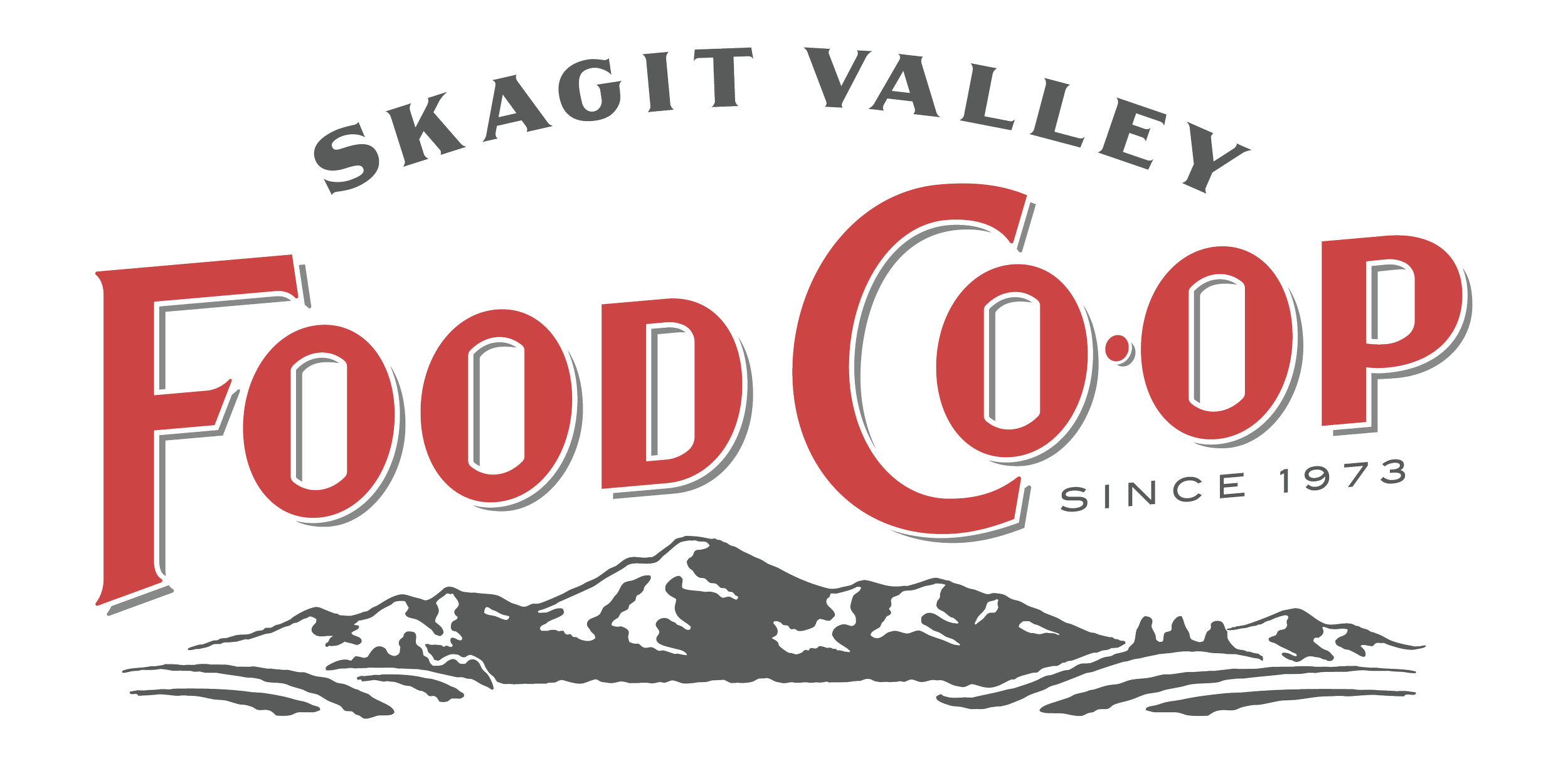Benefits of Beans & Their Lectins
Next to vegetables, beans are the number two underutilized superfood. Beans contain nearly as much protein as healthy high-fiber carbohydrates and have a unique phytonutrient profile and medicinal smelly sulfur.
Beans are functional food medicine that, in addition to a high satiety value, are cardio-protective, stabilize blood glucose levels, reduce inflammation, and feed healthy gut bacteria. It turns out they are considered a longevity food that can add years to your life! Beans, beans, the longevity fruit, the more you eat... the longer you live. Researchers have found an 8% reduction in premature death for every two tablespoons of legume intake. Part of their reputation as a superfood is the fact that the intake of legumes may be the single most important dietary predictor of a long lifespan.
You may know that consuming beans and grains together is equivalent to eating a complete meat-like protein, but did you know that this complementary amino acid combination can be achieved without eating them at the same time? As long as beans and grains are eaten within a 24-hour period, they need not be on the same plate; your gut, and your neighbor, will thank you!
Digestibility: The natural gas factor in beans can be lessened, or made worse, by these 3 main factors:
Preparation. Sprouting is best. Try them pressure cooked or in an InstantPot.
Quantity. If you're not a regular bean eater, start slow by the tablespoon, not the cup.
Combination foods. Try to pair beans with low-starch vegetables, not grains. Beans and grains can be explosive. Beans and greens make for nutritional balance and a happier gut.
Lectins are an “anti-nutrient” that have received much attention due to popular media and fad diet books citing lectins as a major cause of obesity, chronic inflammation, and autoimmune diseases. They are found in all plants, but raw legumes and whole grains contain the highest amounts of lectins.
Although some individuals have issues with lectins, they are not a problem for the masses. Most of us can stress less over such so-called anti-nutrients, and even benefit from them. Those who don't tolerate them usually have underlying digestive conditions such as dysbiosis including IBS, SIBO, Candida, and leaky gut.
Lectins have potent antioxidant properties, which protect cells from damage caused by free radicals. No doubt, this is part of how they contribute to longevity. They also slow down digestion and the absorption of carbohydrates, which may prevent sharp rises in blood sugar and high insulin levels. Early research is also looking at the use of non-toxic low amounts of certain lectins to help stimulate gut cell growth in patients who are unable to eat for long periods, and in anticancer treatments due to the ability of lectins to cause cancer cell death.
In many large population studies, lectin-containing foods like legumes, whole grains, and nuts are associated with lower rates of cardiovascular disease, weight loss, and type 2 diabetes. These foods are rich sources of B vitamins, protein, fiber, minerals, and healthy fats. For most of us, these nutritional, phytonutrients, food medicine, and seldom discussed chemotherapeutic properties far outweigh any such anti-nutrients.
So, be a good and healthy long-lived human BEAN, eat more beans!
